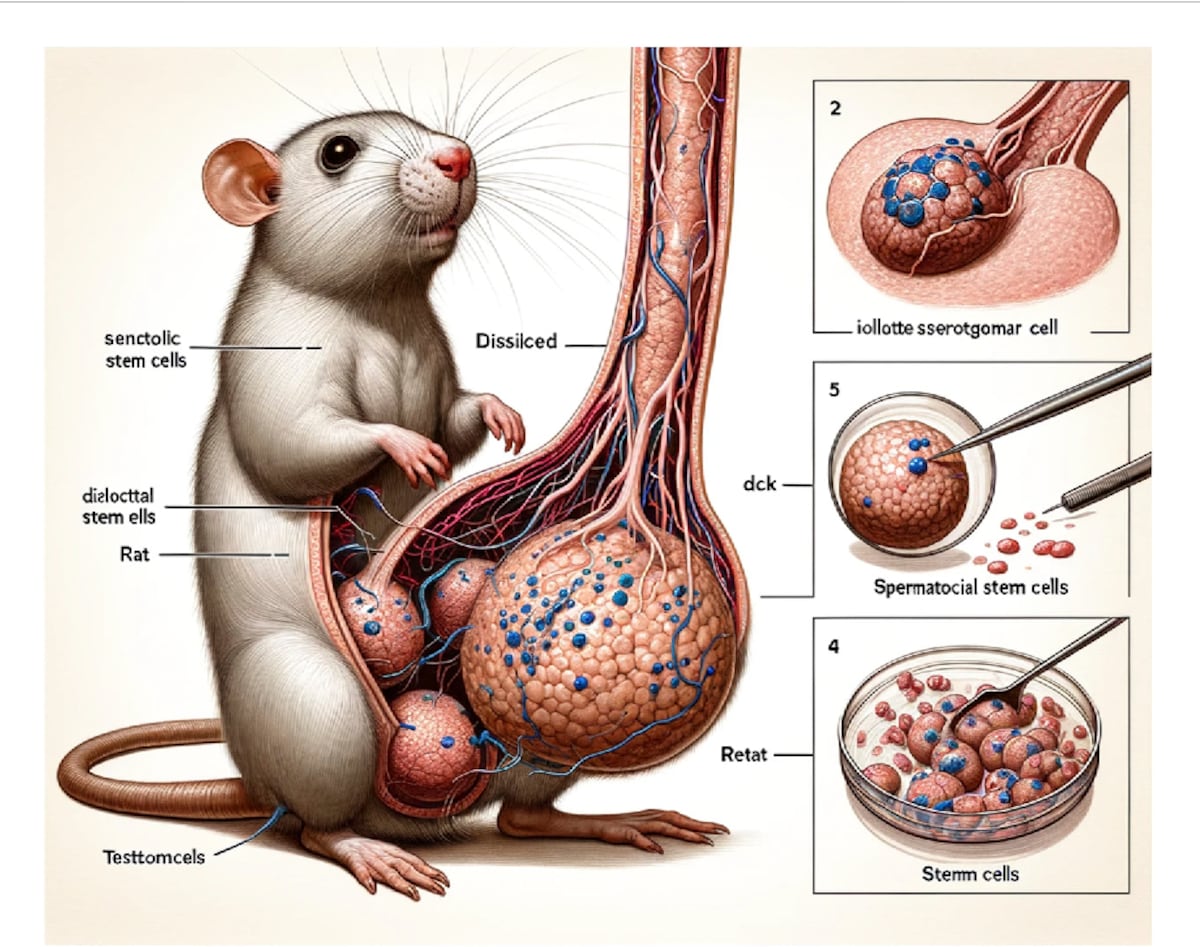Excessive use of words like ‘commendable’ and ‘meticulous’ suggests ChatGPT has been used in thousands of scientific studies

🌈 Abstract
The article discusses the potential use of ChatGPT and other AI language models in scientific research and publication, as evidenced by a sudden increase in the use of certain words and phrases in recent scientific studies.
🙋 Q&A
[01] Excessive use of certain words in scientific studies
1. What did the librarian Andrew Gray discover after analyzing millions of scientific articles?
- Gray analyzed 5 million scientific studies published in 2023 and detected a sudden rise in the use of certain words like "meticulously" (up 137%), "intricate" (117%), "commendable" (83%) and "meticulous" (59%).
- He believes this is due to tens of thousands of researchers using ChatGPT or other similar AI language models to write or "polish" their studies.
2. What are some examples of blatant use of ChatGPT in scientific studies?
- A study on lithium batteries began with a sentence that appeared to be copied directly from ChatGPT: "Lithium-metal batteries are promising candidates for..."
- Another study included text that acknowledged the author was an AI language model without access to real-time information.
- Chinese scientists published a study with an AI-generated image of a rat with a giant penis.
3. How widespread is the use of ChatGPT in scientific studies?
- Gray estimates that at least 60,000 scientific studies (more than 1% of those analyzed in 2023) were written with the help of ChatGPT or similar AI tools.
- He believes extreme cases of an entire study being written by ChatGPT are rare, but there is a large "gray area" where scientists use ChatGPT to an extent without verifying the results.
[02] Implications of AI-assisted scientific writing
1. What concerns does the article raise about the use of ChatGPT in scientific peer reviews?
- A study by James Zou's team at Stanford found that reviewers themselves are using AI language models to write their evaluations, which results in lower quality peer reviews.
- Gray finds this "really worrying" as it raises questions about the implications of using these tools to write studies.
2. What potential issues does the article highlight regarding the long-term impact of AI-assisted scientific writing?
- Gray warns of a "vicious circle" where newer versions of ChatGPT are trained on scientific articles written by previous versions, leading to increasingly "commendable, intricate, meticulous and, above all, insubstantial studies."
- The article suggests this could lead to broader society becoming "infected" with this "meticulously artificial new language."
3. How does the use of ChatGPT differ between native and non-native English speakers in scientific research?
- According to Ángel María Delgado Vázquez, researchers who do not speak native English are using ChatGPT extensively as an aid for writing and improving their English language.
- He says people in his environment are using ChatGPT mainly for initial translation or to keep the ChatGPT-generated translation directly.